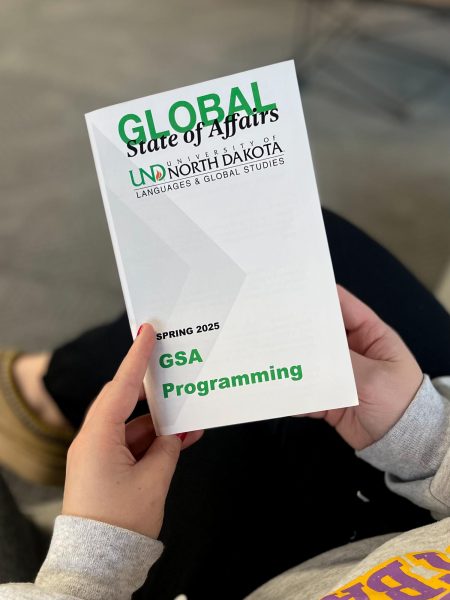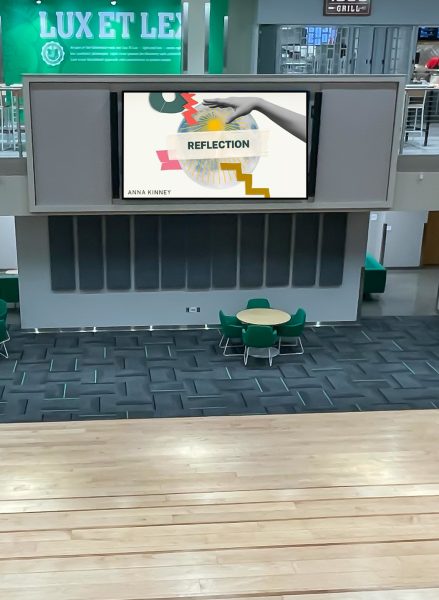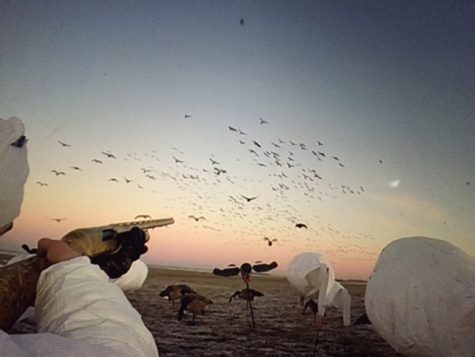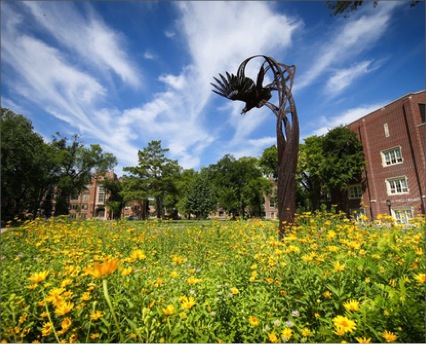Genocide studies spreading awareness
In these turbulent times, it can be hard to fully grasp the gravity of the atrocities we hear about from around the world.
When we hear about a war crime that has occurred in a faraway country, it can be nearly impossible to comprehend the real severity of the situation.
The Center for Human Rights and Genocide Studies is a group on campus that aims to improve the public’s understanding of the history of genocide and to promote the knowledge of human rights violations that occur throughout the world.
The Center for Human Rights and Genocide Studies, began life in 2007 as an organization whose goal was to archive the brutalities that occurred during the Ethiopian Red Terror, and make them openly available to the public. Several members of the group actually traveled to Ethiopia, and received information from high-ranking members of the Ethiopian government.
“The Center for Human Rights and Genocide Studies was created by the State Board of Higher education,” Brian Urlacher, associate professor of Political Science and Public Administration and co-director of CHRGS said. “It was a collaboration to document materials related to the Ethiopian Red Terror.”
In addition to this impressive feat, the Center is part of an effort through the Chester Fritz Library and the Department of English to digitize certain documents related to the Nuremberg Trials. Currently, the Chester Fritz Library Department of Special Collections houses 240,000 pages of these documents, amounting to one of the largest collections in the world. The digitized portion of the collection is a sizable 1,100 pages of text and images. In its entirety, the collection is one of the largest of its kind and is freely available to the public.
At one point, the Center for Human Rights and Genocide Studies even offered a class called Human Rights and Globalization. The course was co-taught by nine professors, which gave students ample opportunities to learn from multiple perspectives.
“We brought in people that shared their expertise on the field,” Urlacher said. “It was a true multi-disciplinary model.”
The class also gave students a chance to actively discuss and express their opinions on current events around the globe. The Honors course was fairly small, with less than a dozen students from multiple majors enrolled. With this small group atmosphere, students felt free to talk about the difficult topics from around the world.
“We had all kinds of discussions about international events that we thought needed more press,” associate professor of English Rebecca Weaver-Hightower said. “We didn’t shy away from the touchy issues.”
The class is not currently offered, but according to Urlacher, “We have had lots of conversations on bringing it back.”
Currently, the Center for Human Rights and Genocide studies also hosts events that are open to the public two to three times per semester, with the most recent of these events being a panel discussion this past Thursday in downtown Grand Forks about the Charlie Hebdo attack and its repercussions for the French community.
Weaver-Hightower explained that these panel discussions are a model of effective civil discourse, and provide citizens with an opportunity to gain a deeper understanding of difficult current events.
“There is also an element of community outreach,” Urlacher said. “We are trying to provide a larger context and explanation of what’s on people’s minds.”
Brendan McCabe is a staff writer for The Dakota Student. He can be reached at [email protected].









